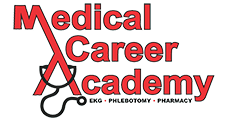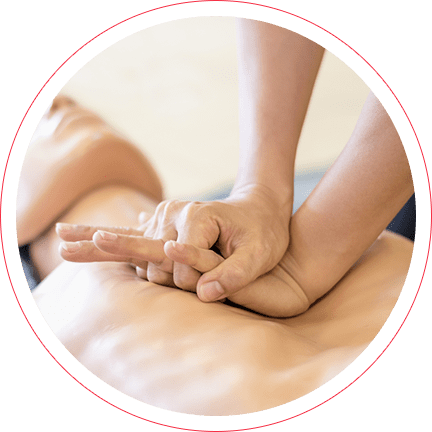Cardiopulmonary resuscitation (CPR) certification is a valuable and important skill to have. With it, you can help save someone’s life in an emergency. Learning CPR is relatively simple, and once certified, you will have the knowledge and confidence to respond quickly and effectively to a cardiac emergency. CPR certification also provides peace of mind knowing that you are prepared to handle any medical emergency.
Here are seven reasons to learn CPR:
1. Save a Life
CPR is a life-saving technique that can drastically increase the chances of survival for someone in cardiac arrest. According to the American Heart Association, providing CPR quickly after a cardiac event can significantly improve a person’s chances of survival.
2. Help Someone Choking
CPR is a skill that can be used in various life-threatening situations. It can be used to help someone who is choking on food or another object, has a heart attack, is in cardiac arrest, or is experiencing any other medical emergency. Taking a CPR class can help you learn how to assist adults, children, and infants and even how to help yourself in an emergency.
3. Help Someone Drowning
Attending a CPR course can teach you how to respond to a drowning emergency. Whether or not you are a trained lifeguard, you might find yourself in a situation where someone direly needs help. Knowing if you need to use mouth-to-mouth resuscitation or hands-only CPR is critical and could mean the difference between life and death.
4. Assist with an Accident
If you witness a traumatic event, such as a car crash or a workplace accident, you must be prepared to provide help until medical professionals arrive. Taking a CPR class will give you the knowledge and skills needed to provide life-saving assistance in any emergency. You can even find classes that combine CPR, AED, and basic first-aid training so you can be ready to provide support in any situation.
5. Identify Signs of a Cardiac Arrest
CPR is an incredibly important life-saving skill that can be used during cardiac arrest. It is estimated that more deaths are caused by cardiac arrest than by various cancers and other causes combined. Knowing CPR and providing chest compressions within four minutes of collapse, if defibrillation is provided within ten minutes, can give a person a 40 percent chance of survival.
6. Learn Basic Anatomy
In a CPR class, you will learn how to provide life-saving care in an emergency. You will gain an understanding of the anatomy and physiology of the human body, as well as how to conduct chest compressions properly. Additionally, you will learn how to apply first aid to stop bleeding, identify and address fractures, and recognize and treat internal and external injuries.
7. Practice Crisis Management
Learning CPR can help you stay calm and manage a crisis. It can be beneficial to know these skills, and they can be applied in other areas of life. Knowing CPR can help save someone’s life; even if it’s not used, it can make you feel better prepared for an emergency.
Conclusion
Learning CPR is an invaluable skill that is beneficial for everyone to know. It is relatively inexpensive and can be completed in a short amount of time. Therefore, it is highly encouraged for everyone to learn CPR and be prepared in the event of an emergency.
Medical Career Academy is dedicated to providing students with the highest quality education in several healthcare fields. We commit to each student individually and provide full support at every step. We offer a real-life, hands-on experience for the student as well as a digital experience that is derived from instructors that are extremely skilled and experienced. If you want to get CPR certification in Northwest Indiana, we can help! Get enrolled today!

